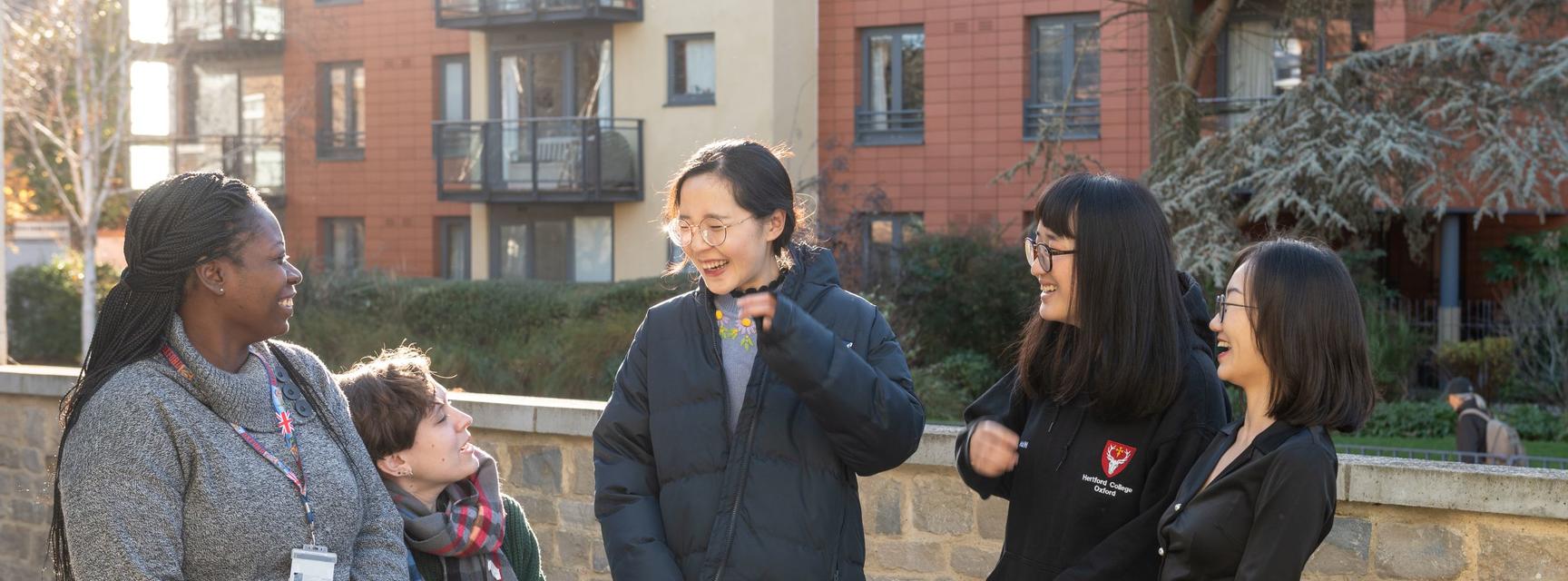MPhil in Sociology and Demography
https://www.youtube.com/embed/FQCE1rd2MZ4?si=E--yG0xolqrPgztl
- population-level analysis and demographic measures
- the life course approach
- sociological analysis as the key approach to explanation
- advanced quantitative methods
The programme will be particularly interesting for students with undergraduate degrees in: Sociology, Human Sciences, PPE, Social Policy, Economics & Management, Social Statistics, Geography, Public Health, and general social science degrees with substantial methods training.
Successful students can either continue with a DPhil in Oxford (or doctoral studies elsewhere) or find placement in research-intensive occupations in the public sector (e.g., ONS and other national statistical offices, government departments and regional/local authorities), in international organisations, think tanks, and in private sector occupations in which quantitative skills are highly valued (consulting, market research, health research, social research, and insurance companies).
Structure
MPhil students take four compulsory Core Papers and two Optional Papers. They will also undertake a Replication Project and an MPhil thesis.
The Core Papers are:
- Sociological Analysis, which develops intellectual skills in explaining social phenomena: identifying puzzles, developing theoretical explanations, and evaluating empirical evidence
- Demographic Analysis, which introduces students to current scientific debates on different components of population dynamics, and provides technical skills for computing demographic measures and models
- Life Course Research, which introduces students to the theory and methodological approaches of life course research
- Methods of Social Research, which introduces students to statistical methods and the research design process
Optional Papers and the thesis will reflect either a more specialised topical study (e.g., gender, family & fertility; migration & integration of migrants; health & mortality; intergenerational relationships) or methodological work.
Through choosing their Optional Papers and a related thesis topic, students can create their own specialised pathway during their degree, supported by expert supervision and teaching.
Example topics of focus include crime and governance; social inequality; political sociology; gender and family; time use research; demography; education; and quantitative methods. You can find a list of our faculty members here.
The Replication Project and Thesis
MPhil students will undertake a Replication Project and a thesis.
The Replication Project module aims to introduce students to the realities of empirical research through the mediums of replication and open science, with the objective being the replication and a modest extension of a piece of recently published work. Students are assessed by a paper detailing their attempt to replicate published research findings.
The thesis consists of a new and substantial analysis of up to 30,000 words on a sociological and/or demographic topic, to be submitted by the end of the second year.











